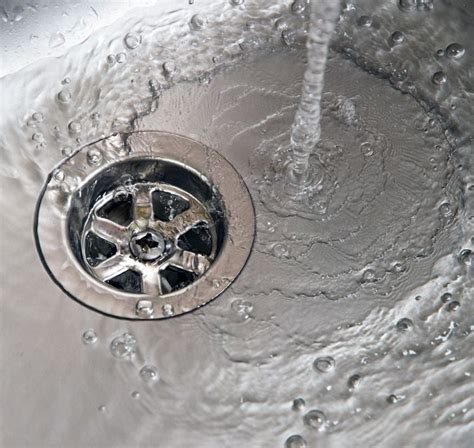Sink Drain Stinks? Try This Before Calling a Plumber!
A smelly sink drain is a common household annoyance, but before you reach for the phone book (or your smartphone) to call a plumber, there are several DIY solutions you can try. A foul odor emanating from your kitchen or bathroom sink often signals a buildup of organic waste, bacteria, or even a blockage further down the line. This comprehensive guide will walk you through troubleshooting the problem and tackling it effectively, saving you time and money.
Why Does My Sink Drain Smell?
The unpleasant odor from your sink drain usually stems from the accumulation of organic matter like food scraps, hair, soap scum, and grease. This decaying material attracts bacteria, which thrive in the warm, moist environment of your pipes and produce the foul smell. Sometimes, a partial blockage can also trap these materials, exacerbating the issue. The smell can range from mildly unpleasant to truly nauseating, depending on the severity of the problem.
What are the Common Causes of a Smelly Sink Drain?
Several factors contribute to a stinky sink drain. Let's explore some common causes:
- Food waste disposal: If you have a garbage disposal, food particles can get stuck in the grinding chamber or further down the drain, rotting and causing a foul smell.
- Hair and soap scum buildup: In bathroom sinks, hair and soap scum are notorious culprits. These materials combine to create a slimy blockage that traps water and promotes bacterial growth.
- P-trap issues: The P-trap, the curved pipe under your sink, is designed to hold water, creating a seal that prevents sewer gases from entering your home. If this seal is broken due to a dry P-trap, sewer gases can escape, leading to a terrible odor.
- Blockages: A partial or complete blockage further down the drain line can trap decaying matter, leading to a foul smell.
- Biofilm: This sticky film of bacteria and other microorganisms can build up on the inner walls of your pipes, contributing to unpleasant odors.
How to Fix a Smelly Sink Drain: Simple DIY Solutions
Before resorting to drastic measures, try these simple and effective solutions:
Boiling Water:
This is often the first and most effective solution. Simply boil a kettle of water and slowly pour it down the drain. The hot water can melt away grease and soap scum, helping to clear out any minor blockages.
Baking Soda and Vinegar:
This classic cleaning duo is incredibly effective at tackling smelly drains. Pour one cup of baking soda down the drain, followed by one cup of white vinegar. Let it fizz for about 30 minutes, then flush with hot water. The fizzing action helps to dislodge debris and neutralize odors.
Baking Soda and Salt:
Similar to the baking soda and vinegar method, a mixture of baking soda and salt can also be effective. Combine equal parts baking soda and salt, pour it down the drain, and let it sit for several hours before flushing with hot water. The abrasive nature of salt helps to scrub away stubborn buildup.
Cleaning the P-trap:
If the smell persists, you might need to clean the P-trap. This involves placing a bucket under the P-trap to catch any trapped water, carefully loosening the slip nuts connecting the P-trap, and cleaning out any accumulated debris. Remember to replace the P-trap securely once you’re finished. (Note: Always turn off the water supply before working on the P-trap.)
When to Call a Plumber?
While these DIY solutions are usually effective for minor issues, some situations may require professional help:
- Recurring odor: If the smell keeps returning after trying multiple remedies, there might be a more significant blockage or plumbing issue.
- Severe blockage: If water drains very slowly or not at all, you likely have a significant blockage that needs professional attention.
- Persistent gurgling noises: Gurgling sounds from your drains often indicate a more serious plumbing problem.
- Sewer line issues: A consistently foul odor could indicate a problem with your main sewer line, requiring the expertise of a plumber.
By tackling the problem systematically and trying these simple solutions, you can often eliminate a smelly sink drain without needing to call in a plumber. Remember, prevention is key. Regularly flushing your drains with hot water and avoiding pouring grease or large amounts of food scraps down the drain can help prevent future odor problems.

